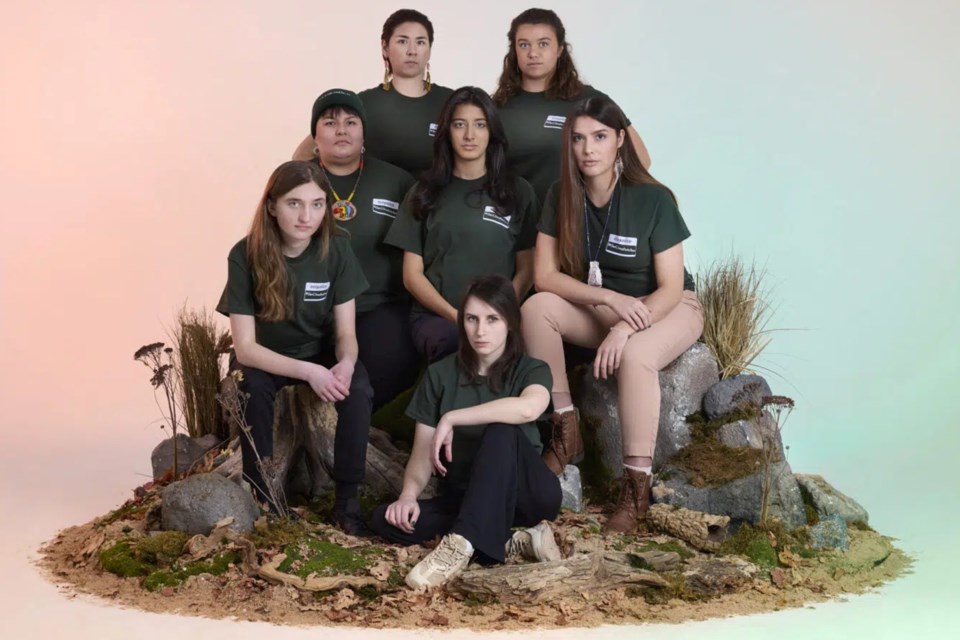SUDBURY - Sudbury climate activist Sophia Mathur is celebrating alongside her six counterparts, who launched a 2019 Charter challenge to Ontario’s emissions targets, that the Ontario Court of Appeal has ordered a new hearing in the case.
On Oct. 17, the Court of Appeal set aside an April 2024 ruling dismissing the case and ordered a hearing wherein “the issues raised on the application must be considered afresh and through the correct analytical lens.”
Mathur and Ecojustice, the law firm representing the seven young people, are calling the appeals court ruling a win.
“We need to stand up for the generations to come and make sure they have a safe, livable planet,” Mathur said during a Oct. 17 press conference following the ruling. “I believe our case can make a real difference for young people in Canada and can put Ontario back on track to take real climate action and start working for a safer future.”
The appeals court summed up Ontario’s argument against the activists’ charter challenge as an attempt to use the courts to supersede government prerogative to set environmental and climate policy, and that the activists’ demand that the province’s climate targets conform to scientific standards is vague and imprecise.
“We disagree,” with the provincial government’s argument, the Court of Appeals judges said.
First, the court said Ontario’s argument that a win for the activists would see courts setting policy instead of government is incorrect. A declaratory order from the court tells the government to correct a Charter violation without telling the government precisely how to achieve that goal, so the court is not setting the policy.
Second on the issue of vague scientific standards, the court pointed to the “clear international standards based on accepted scientific consensus that can inform what a constitutionally compliant (emissions) Target and (climate) Plan should look like. The international standards and the scientific evidence produced by the parties on the application clearly indicate how acceptable levels of greenhouse gas emissions are measured and calculated.”
Ecojustice, the law firm representing the youth, called the ruling “significant.”
“With this ruling, these seven young Ontarians have proven how crucial youth voices are in the fight against climate change. Their victory is a significant moment for climate action in Canada and serves as a beacon of hope,” Ecojustice lawyer Fraser Thomson said in a news release from the firm.
Ecojustice, which describes itself as a law charity, said in the release that Mathur et. al. is “part of a growing number of climate litigation cases around the world, with the United Nations Environmental Programme and the Sabin Center reporting the total number of these cases has more than tripled since 2017.”
“From July 2020 to December 2022 alone, 630 new climate lawsuits were filed around the world,” Ecojustice said. “Courts around the works, including in Germany, the Netherlands and Colombia, are increasingly ruling that climate change poses an existential threat to our most cherished human rights and ordering governments to set and implement science-based reductions targets.”



